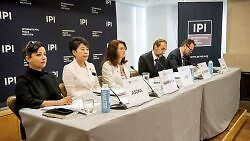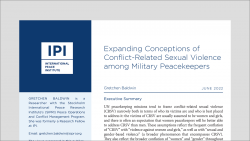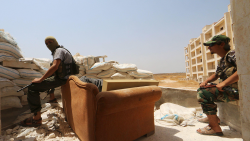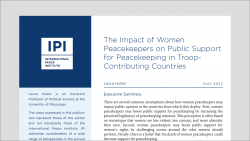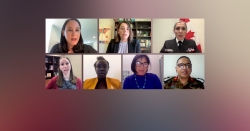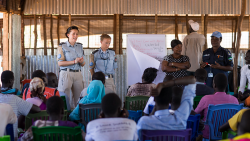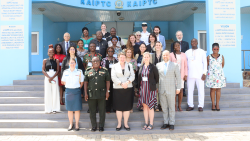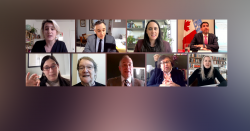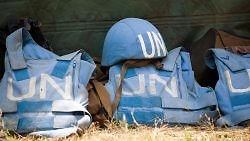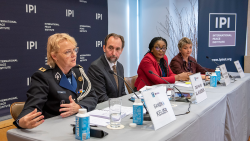
IPI and the Elsie Initiative for Women in Peace Operations, in partnership with the Permanent Missions of Germany, Mongolia, Uruguay, and Zambia to the UN cohosted a policy forum event on November 9th entitled “When We Know Better, We Do Better: The Elsie Initiative and Improving Mission Environments.”Since the launch of the Elsie Initiative for […]
Read more

